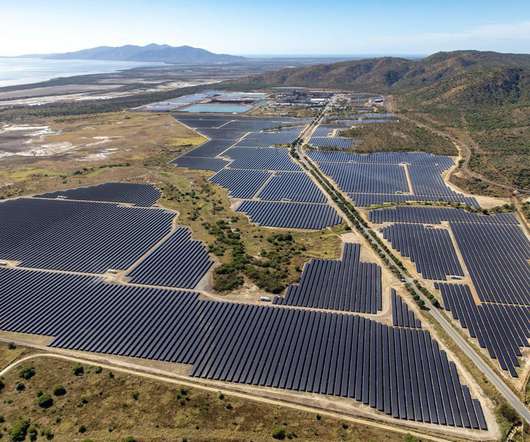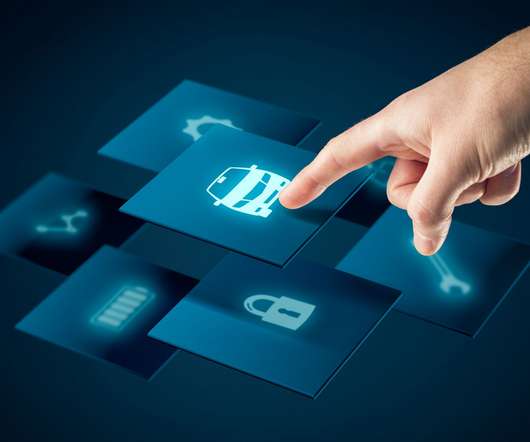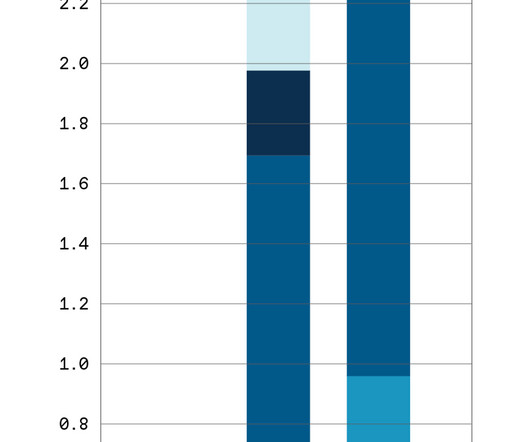Australia Goes All-in on Green Hydrogen
Cars That Think
DECEMBER 25, 2022
Both the massive and the toy-size vehicles are about selling Australians on the transformative potential of green hydrogen—hydrogen gas produced from renewable energy—to decarbonize their fossil-fuel-based economy. And while coal plants still supplied over half of Australia’s power in 2021, change is afoot. Why a hydrogen truck?





















Let's personalize your content